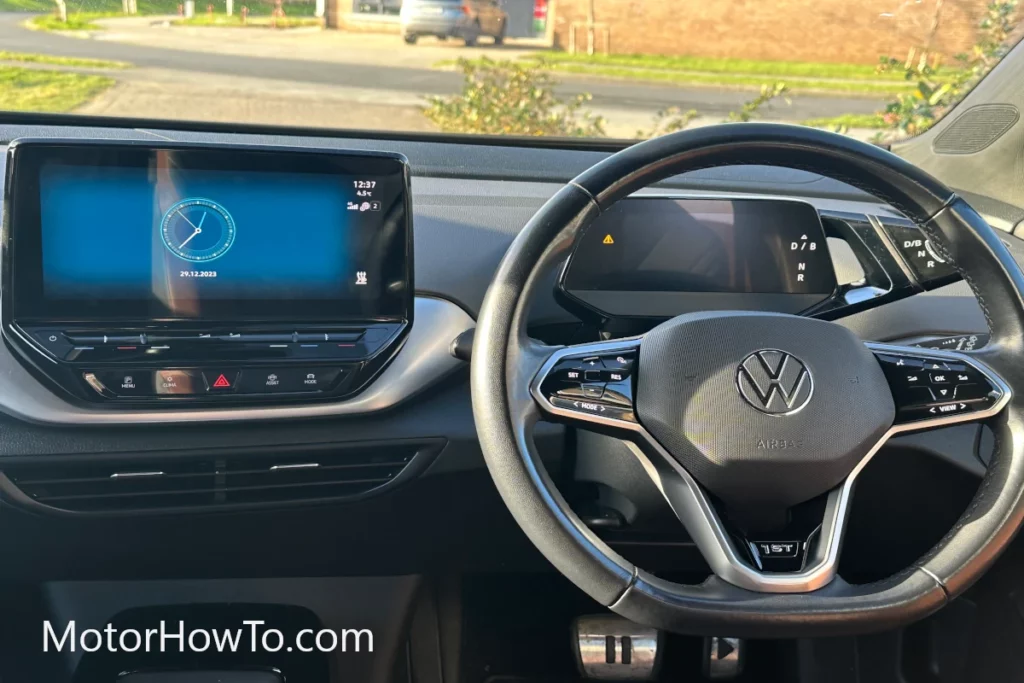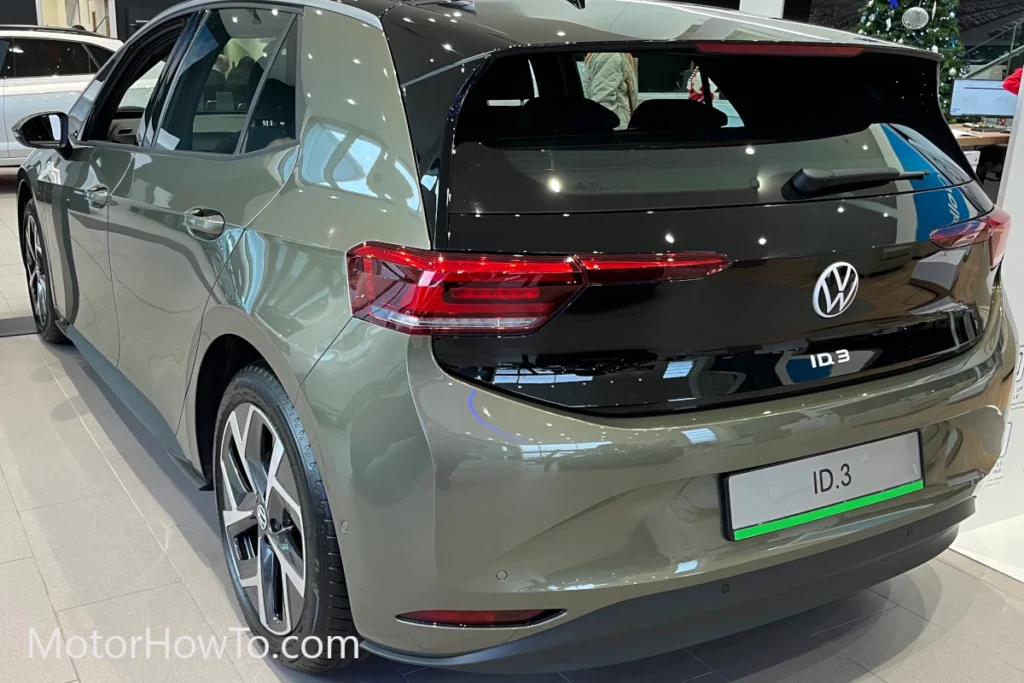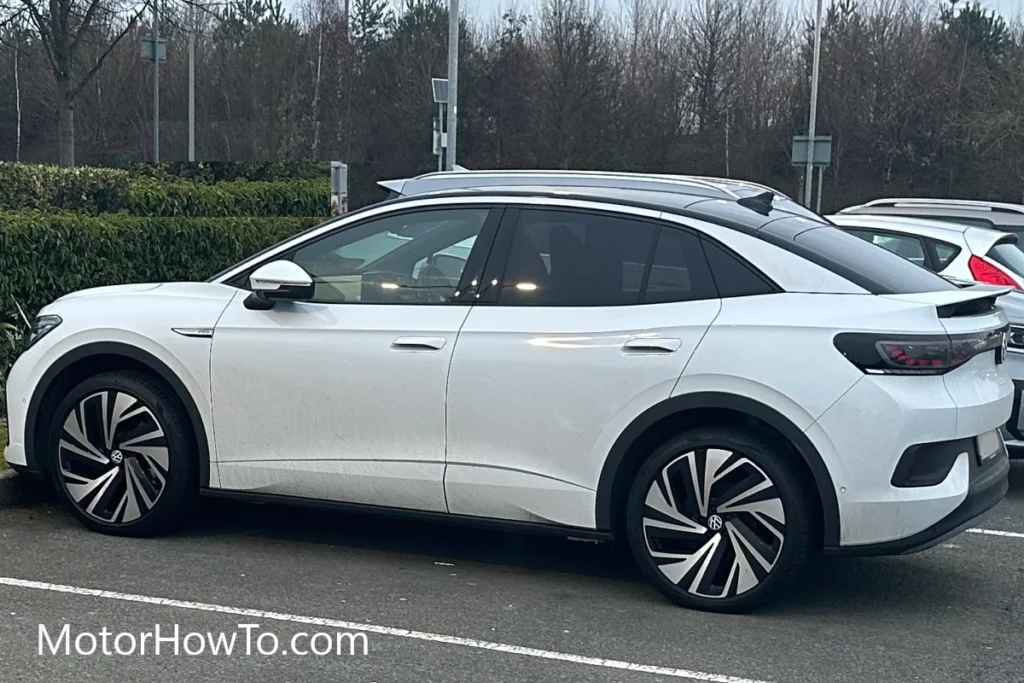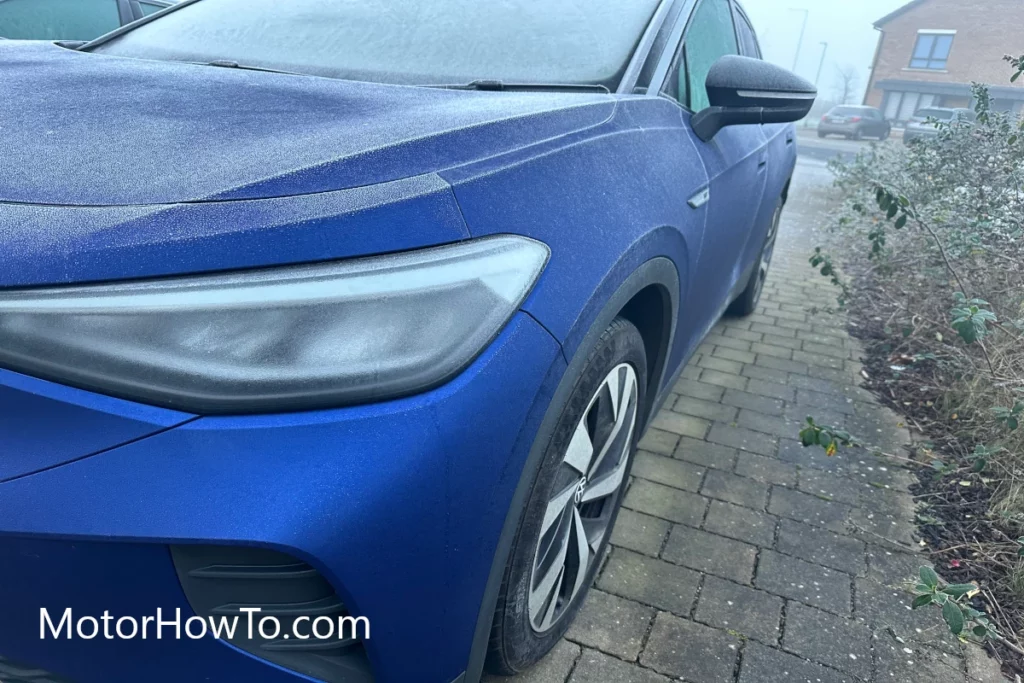The dawn of autonomous driving is not just a distant dream but an unfolding reality, vividly brought to life by the Volkswagen ID series.
This article delves into the intricate world of self-driving technology, encapsulated in the sophisticated design and futuristic capabilities of the VW ID.
As we explore this marvel of automotive innovation, we uncover the technical aspects and the transformative impact it promises for our daily commutes, city infrastructure, and environmental footprint. Join us on this journey as we navigate through the lanes of tomorrow today.
The VW ID series showcases cutting-edge autonomous driving technology, featuring advanced sensors, AI-driven decision-making, and seamless integration with user interfaces, setting a new benchmark in the automotive industry.

In the following paragraphs, we will examine the specific features that make the VW ID a paragon of autonomous driving.
From the state-of-the-art sensors and cameras to the sophisticated software algorithms powering its decisions, each aspect will be examined to understand how VW is shaping the future of transportation.
We will also discuss the real-world implications of this technology, including safety enhancements, environmental benefits, and the potential changes in our driving habits and city planning.
Related:
- Handling and Performance of Volkswagen ID Series (Analyzed)
- Guide to Upgrading Features in Your Volkswagen ID (Explained)
- Battery Warranty for Volkswagen ID Vehicles (Explained For Beginners)
Navigating the Technology Behind VW ID’s Autonomous Capabilities
At the heart of the Volkswagen ID’s autonomous driving prowess lies a sophisticated array of sensors and AI-driven technologies.
This section of the article peels back the layers of this complex system, offering readers a glimpse into the future of automotive technology.
The VW ID is a beacon of innovation, from lidar sensors that paint a detailed picture of the car’s surroundings to advanced algorithms that process this data in real-time.
The technology driving the VW ID’s autonomy is a symphony of hardware and software working in perfect harmony.
Lidar sensors, known for their precision in distance measurement, form a crucial part of the vehicle’s sensory apparatus.
These sensors, cameras, and radar create a 360-degree view of the car, ensuring no obstacle goes unnoticed.
This comprehensive sensing capability is invaluable in urban environments, where unpredictability is the norm.
However, gathering data is only half the battle. The true genius of the VW ID’s autonomous system lies in its ability to interpret this data and make split-second decisions. This is where the role of artificial intelligence comes into play.
The car’s AI algorithms are trained to recognize patterns, predict the behaviors of other road users, and make decisions that prioritize safety and efficiency.
These algorithms constantly learn and adapt, ensuring the car’s response to its environment becomes more refined with every mile it travels.
The VW ID integrates this technology seamlessly with the user experience. Drivers can interact with the vehicle’s autonomous system through intuitive interfaces, making the transition from traditional driving to a more automated experience as smooth as possible.
This integration extends beyond the car, with the VW ID capable of communicating with other smart devices and infrastructure, paving the way for a more connected and intelligent urban transport system.
The technological marvel of the VW ID’s autonomous capabilities represents a significant leap forward in automotive engineering. It’s not just about getting from point A to point B; it’s about reshaping our relationship with cars and redefining what we consider possible in transportation.
Safety and Efficiency in the Autonomous Era with VW ID
In an era where technology and transportation are increasingly intertwined, the Volkswagen ID stands out as a paragon of safety and efficiency in autonomous driving.
From sophisticated collision avoidance systems to eco-friendly driving algorithms, the VW ID is not just a vehicle; it’s a harbinger of a safer, smoother, and more sustainable future on the roads.
We explore how this cutting-edge technology transforms every aspect of driving, ensuring peace of mind for drivers, passengers, and pedestrians alike.
Safety Innovations
Collision Avoidance: The VW ID employs advanced algorithms to predict and prevent potential collisions. Using real-time data from its sensors, it can anticipate the actions of other vehicles, pedestrians, and obstacles, adjusting its course accordingly to avoid accidents.
Emergency Response: In critical situations, the VW ID is designed to take immediate action. For instance, if a pedestrian suddenly steps onto the road, the vehicle can automatically apply brakes faster than a human driver, significantly reducing the risk of an accident.
Constant Vigilance: Unlike human drivers who can get distracted, the VW ID’s autonomous system maintains constant vigilance. Its sensors do not suffer from fatigue or inattention, ensuring a consistently high level of safety throughout the journey.
Efficiency Enhancements
Optimized Routing: The VW ID’s navigation system uses real-time traffic data to find the most efficient routes, reducing travel time and improving fuel efficiency (or battery usage for electric models).
Smooth Traffic Flow: By communicating with other connected vehicles and traffic management systems, the VW ID can adjust its speed to match the traffic flow, reducing congestion and the stop-and-go driving that increases fuel consumption.
Adaptive Cruise Control: This feature allows the VW ID to adjust its speed based on traffic conditions, maintaining a safe distance from the car ahead. It ensures a more comfortable and efficient drive, especially on highways.
Eco-Friendly Driving: The autonomous system is programmed to drive in the most energy-efficient manner. It accelerates and brakes smoothly, optimizes gear shifts, and even suggests turning off non-essential systems when not needed, contributing to lower energy consumption.
Integrating these safety and efficiency features in the VW ID marks a significant advancement in autonomous vehicle technology. It promises a safer driving experience and paves the way for a more sustainable and efficient future in personal transportation.
Environmental Impact and Green Innovation of VW ID
The VW ID’s autonomous features contribute significantly to environmental protection by reducing emissions.
With its precision driving capabilities, the VW ID ensures optimal fuel efficiency, which is crucial for hybrid or combustion engine models.
This efficiency translates to an extended range for electric variants, minimizing recharge frequency and the associated environmental footprint.
By optimizing driving patterns and reducing idle times in traffic, the vehicle contributes to a noticeable reduction in overall emissions.
Sustainable Urban Planning
Autonomous vehicles like the VW ID have the potential to revolutionize urban planning.
With more efficient traffic flow and reduced need for extensive parking spaces, cities can repurpose land for green spaces, contributing to urban cooling and improved air quality.
The VW ID’s ability to communicate with city infrastructure allows for more synchronized traffic patterns, reducing congestion-related emissions.
Energy Efficient Technologies
The VW ID is equipped with various energy-saving technologies. Features like regenerative braking, which recovers energy during deceleration, and smart energy management systems that optimize battery usage make the VW ID a model of energy efficiency.
These innovations enhance the vehicle’s environmental performance and set a benchmark for future developments in the field.
Supporting Renewable Energy Integration
As the world shifts towards renewable energy, electric vehicles like the VW ID play a critical role in this transition. By being compatible with renewable energy sources, such as solar or wind power, the VW ID can be charged using clean energy, reducing its carbon footprint.
Additionally, with advancements in smart grid technologies, these vehicles can return energy to the grid during peak demand periods, aiding in energy balance and sustainability.
The VW ID’s autonomous capabilities are not just about convenience and safety but a leap forward in green innovation.
The VW ID is paving the way for a more environmentally friendly future in automotive technology through reduced emissions, support for sustainable urban planning, energy-efficient technologies, and integration with renewable energy.
The Road Ahead with VW ID Shaping Urban Mobility and Lifestyle
The Volkswagen ID series is not just redefining automotive technology; it’s reshaping the very fabric of urban mobility and lifestyle.
As we look towards the future, the VW ID is a beacon of change, heralding a new era where technology, efficiency, and sustainability converge to transform our daily lives.
Revolutionizing Urban Transport
The VW ID’s autonomous capabilities promise to revolutionize urban transport. With self-driving cars, we envision a future with fewer traffic jams, more efficient use of roads, and a significant reduction in the need for parking spaces.
This shift could lead to more pedestrian-friendly cities, with spaces once reserved for parking being repurposed into parks, community areas, or additional green spaces.
Changing Commuting Habits
The autonomous features of the VW ID offer the potential to change commuting habits significantly. Commuters could use travel time more productively, whether for work, relaxation, or entertainment, turning what was once lost time into valuable, usable moments.
This change could also reduce the stress associated with daily commutes, leading to a more balanced lifestyle.
Impact on Real Estate and City Planning
The VW ID’s influence extends beyond roads, real estate, and city planning. With a reduced need for personal vehicle ownership, cities could see a shift in housing patterns, with less emphasis on proximity to major roadways and more on community-oriented living spaces.
Additionally, the reduced need for parking could transform urban landscapes, allowing for more innovative and community-centric city designs.
Sustainability and Lifestyle
The eco-friendly nature of the VW ID aligns with a growing global emphasis on sustainability.
As people become more conscious of their environmental impact, the VW ID offers a way to embrace a greener lifestyle without compromising convenience or mobility. It supports the vision of a sustainable, efficient, and interconnected urban environment.
The road ahead with the VW ID is about much more than advancements in automotive technology. It’s about a comprehensive transformation of how we view mobility, urban living, and our relationship with the environment.
The VW ID is not just a vehicle for the future; it’s a catalyst for a broader societal shift towards more sustainable, efficient, and enjoyable urban living.
Sources
Volkswagen conducts its first autonomous driving tests with passengers
Volkswagen ID. Buzz Showcases Mobileye Drive™ at IAA 2023
A Closer Look at the Autonomous Driving Features of Volkswagen Electric Cars



